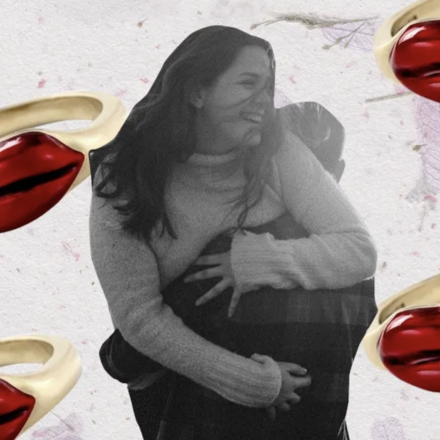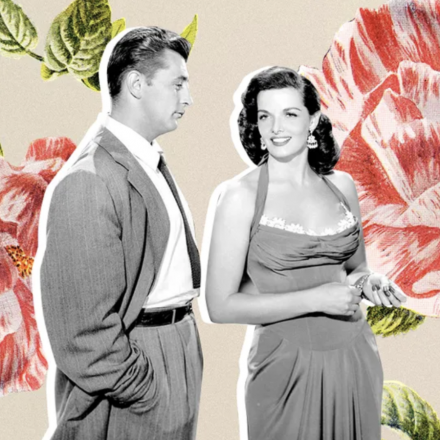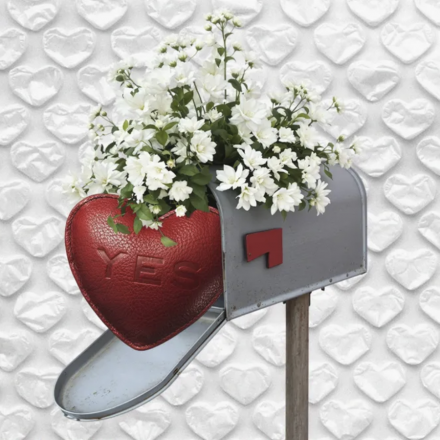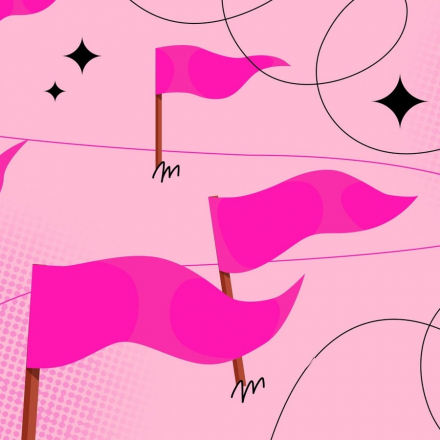Too nice - too comfortable. Why it's time to stop trying to please everyone
You’re always smiling, always listening, cheering people up, agreeing, adjusting, helping... And then you come home and collapse on your bed, thinking: “Why did I swallow what I wanted to say again?” or “Why am I doing more for others than they do for me?”
You’re always smiling, always listening, cheering people up, agreeing, adjusting, helping... And then you come home and collapse on your bed, thinking: “Why did I swallow what I wanted to say again?” or “Why am I doing more for others than they do for me?”
If you recognize yourself, welcome to the “Too Nice” club. And honestly, it’s time to check out. Here’s why:
Not everyone reads your kindness as kindness
You think being nice means being a good person. But someone near you thinks that’s a “green light” for free service: “Watch my kids, help me with the report, listen to my complaints at night, and do it without gratitude, you’re nice after all.”
Unlimited kindness is like a cake without a mold: it tastes good, but it spills over the table and loses its shape. True kindness should not cancel out self-respect.
You quietly get hurt – but burn out loudly
You don’t say “no” because you don’t want to hurt anyone. But who are you ultimately hurting? Yourself. And this list of “I did this, but I didn’t want to” grows faster than the queue at Zara during a sale. Inside, fatigue, resentment, and a sense of injustice build up. And then – boom – you’re lying in apathy, hating everyone you just smiled at.
The more you try to please, the less you believe in yourself
Have you noticed that those who do less often get more recognition? And you think: “What’s wrong with me?”
What’s wrong is that you’re measuring your value by the applause of others. Being nice doesn’t mean being confident. And being confident sometimes means saying: “No, this doesn’t work for me,” even if someone gets upset. Confidence isn’t a loud voice. It’s when you don’t betray yourself for praise.
Your growth isn’t a priority if you’re always comfortable
When you’re busy with others’ problems, there’s no time for your own dreams. Someone wants you to be there. Someone wants you to help. Someone wants you to “not make a fuss.” And you say: “Okay…”
But you have desires, talents, goals too. Kindness shouldn’t become a cage. Otherwise, you’ll be the person who wakes up one day thinking: “I don’t even know who I am.”
You lose yourself – one “yes” at a time
When you constantly play the “good girl,” you eventually forget what you want for yourself. Your desires turn into others’ expectations. And your “yes” becomes a powerless gesture of “just don’t let’s fight.”
Remember: refusing is not rudeness, it’s self-respect. People who truly love you won’t leave if you one day say: “Sorry, I can’t.”
You’re among people – but alone
The paradox is, the more you help, the less others understand you. Everyone thinks you’re always “on top of it.” And when you’re suddenly tired, quiet, crying, or angry – they look at you like there’s a bug in the system.
You don’t have to be the eternal ray of sunshine. You have the right to be different. True relationships aren’t just about “let me help you,” but also about “I’m struggling – stay with me.”
You’re nice – but someone sees that as weakness
There are people for whom your softness is weakness, not a choice. They’ll decide that they can control you, pressure you, and you’ll always give in. Because you’re nice, right?
Kindness without firmness is an invitation to manipulation. Be the one who smiles but knows her worth. Don’t be afraid to be “inconvenient” if it’s honest. People respect those who respect themselves.



















